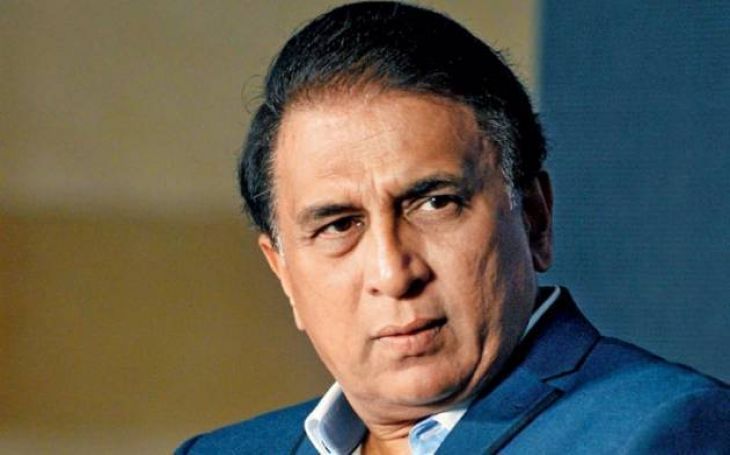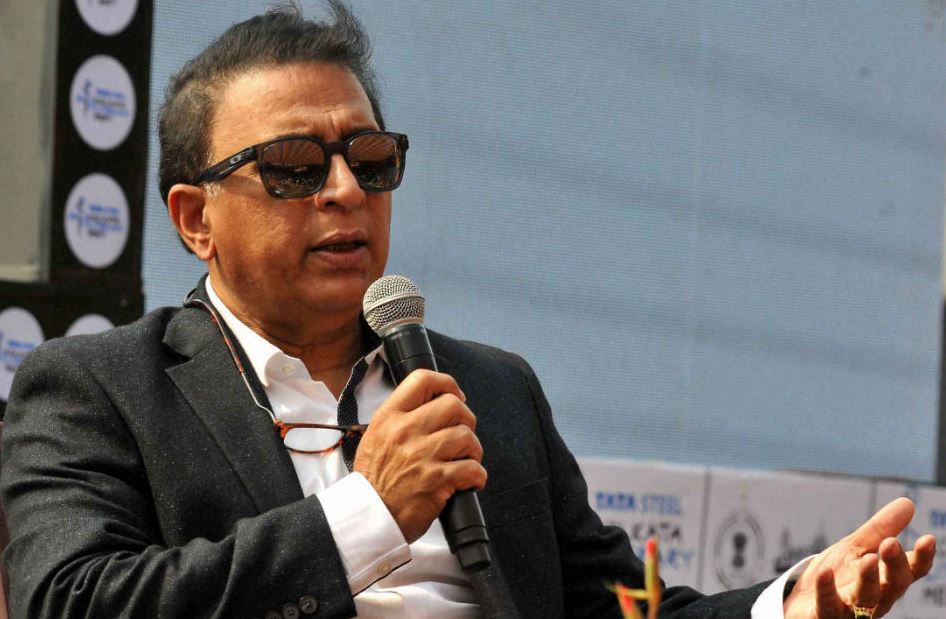With the Tamil Nadu Premier League (TNPL) and the Karnataka Premier League, both are currently on the limelight for the centre of investigation for reports of match-fixing, former Indian player Sunil Gavaskar has said that players need to be educated about the consequences of fixing as well.

Gavaskar told reporters, “Greed is a thing which no amount of education, guidance, seminars with anti-corruption guys is going to help. Greed is something that is human.”
“The best of societies, the most developed of societies still have criminals. In cricket also you will always have the odd person who will be swayed by greed. Could be some other reason that might force him to do something. That’s something I don’t think you can totally control. I think trying to educate these kinds, telling them what kind of traps they could be in would probably ease it. But like I said, greed is something nobody knows. Somebody comes from a very poor background and suddenly sees a lot of money, then you could be swayed,” the batting legend shared.
Read here: Mithali Raj Thinks Women’s Cricket Needs More Exposure

When he was asked about why it was tough to identify the match-fixing in local leagues, especially T20 leagues, Gavaskar said that sometimes the circumstances make a player go in that way. However, he thinks the leagues like TNPL or KPL are very good as many talented players are coming up from these leagues.
“I think remuneration should be pretty much according to where you are. In the sense that it should not be out of proportion to your skill set. But again it depends on the term that is used, ‘market forces’. So you can’t do much. Sometimes you are lucky, the market is good. But at the end of the day, even the guy getting the most amount of money can be tempted to do something. How does one stop that? That’s human nature and you cannot predict human nature. So it’s difficult,” he concluded.
